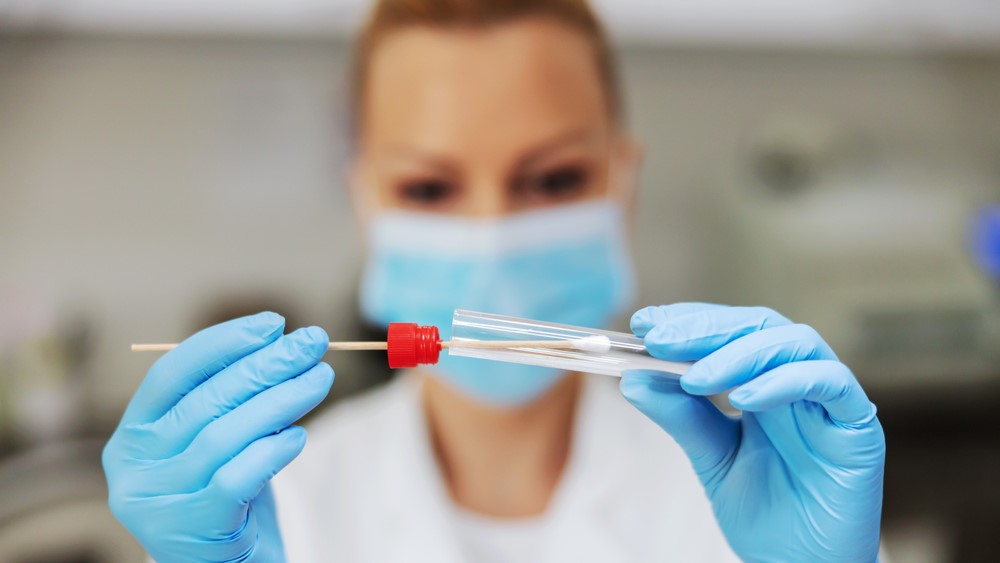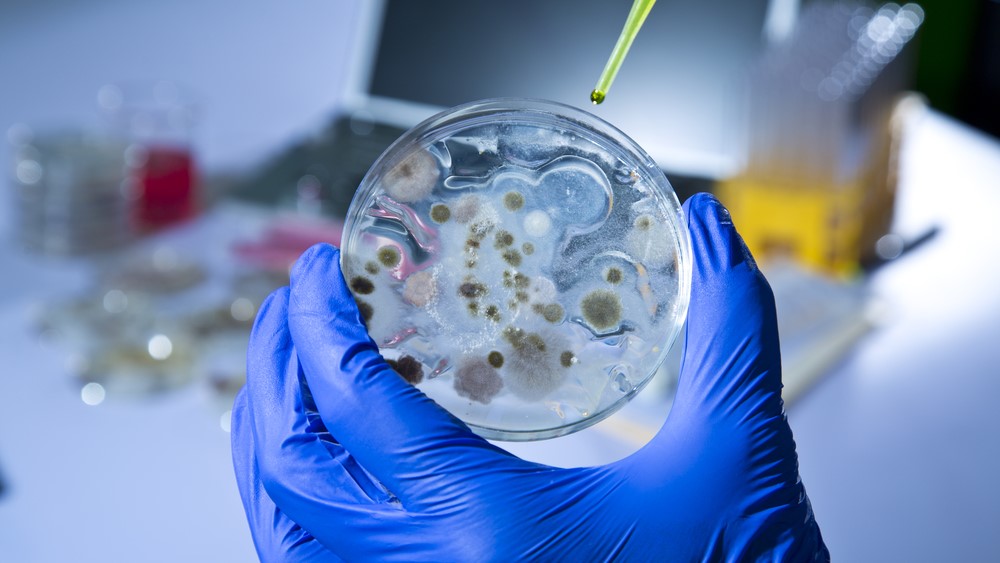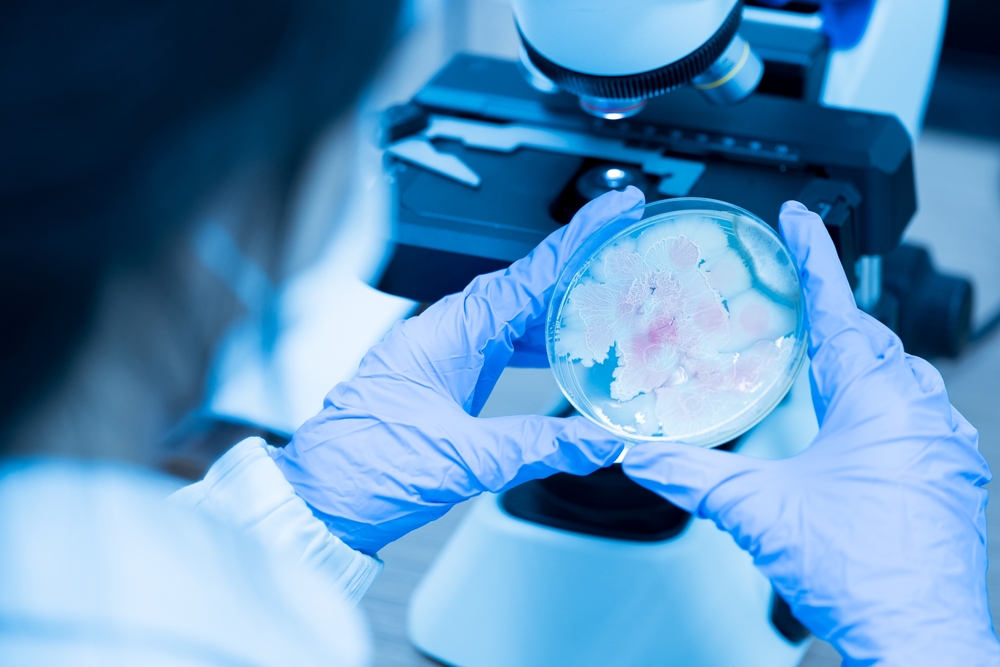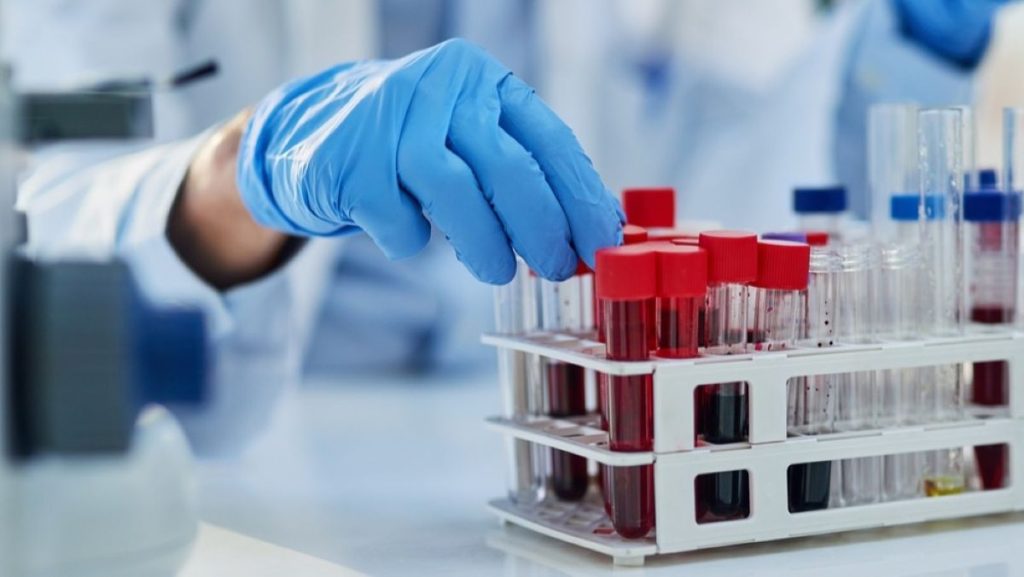Scientists from Japan have made a surprising discovery in our mouths.
Others are reading now
Researchers in Japan have made a surprising discovery in the human mouth that could have implications for cancer detection.
Ring-Shaped DNA Found in Oral Bacteria

Scientists from the University of Tokyo discovered previously unknown ring-shaped pieces of DNA inside the cells of oral bacteria.
They named these DNA elements inocles and believe they may play a key role in helping bacteria adapt to the changing environment of the mouth.
Found in Most People

According to the study, up to 75 percent of people carry these DNA rings in their mouths.
Researchers say their large size allows them to withstand stress in the oral environment, including DNA damage and problems with the bacterial cell wall.
Also read
Potential Role in Cancer Detection

The study, published in Nature Communications, found that patients with head and neck cancer or bowel cancer had far fewer of these DNA rings compared to healthy individuals.
Researchers suggest that inocles could potentially serve as biomarkers to identify people at risk of serious diseases like cancer, allowing earlier intervention.
Why They Were Hard to Find

Until now, technological limitations prevented scientists from detecting these large genetic elements.
New advanced techniques have finally allowed researchers to sequence and study the DNA rings in detail.
Future Research

The next steps include growing the DNA rings in the lab to study their behavior more closely.
Also read
Researchers want to learn whether the DNA can spread between people and whether it affects oral hygiene, including potential links to gum disease or cavities.
Implications for Human Health

This discovery expands our understanding of the microorganisms in our mouths and their genetic diversity.
By studying inocles, scientists hope to develop new methods to monitor oral and overall health, possibly using these DNA rings as early warning signals for cancer.


